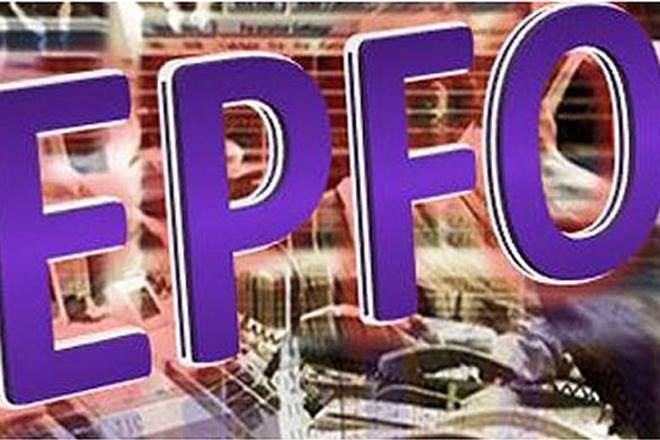In a step that would boost liquidity of around 6.5 lakh business establishments by Rs 15,000 crore per month, the Employees’ Provident Fund Organisation (EPFO) on Thursday pushed back payments of monthly statutory contributions by them towards the retirement fund body for a later date, but asked employers to regularly furnish electronic challan-cum-return (ECR) on time to avoid penalty.
Though no timeline for making the due statutory payment was mentioned in the statement the EPFO issued on Thursday, Central Provident Fund Commissioner (CPFC) Sunil Barthwal told FE, “In case ECR is filed on time, damages will not be levied since it is not willful in that case. However, a reasonable time will be fixed to deter willful defaulters.”
In the statement, the EPFO said, “To further ease the compliance procedure under EPF & MP Act, 1952, the filing of monthly ECR is separated from payment of the statutory contributions reported in the ECR. The ECR can now onwards be filed by an employer without the need of simultaneous payment of contributions and contributions may be paid later by the employer after filing the ECR. The above change will entail convenience to employers as well as employees covered under the Act and schemes.”
With effect from April 2012, the EPFO started taking paperless challan-cum-return by the employers that contains details of employees and their wages, and comes with simultaneous payment of contributions. The statutory contribution, aggregating to one-fourth of one employee’s monthly wages towards provident fund, is deposited by the employer.
The EPFO collected Rs 1,63,176 crore (revised estimate) as compulsory contribution from enterprises having 20 or more people on their payroll in FY20. Collections are estimated to go up to Rs 1,81,709 crore (BE) in 2020-21, but that might prove to be an overestimate due to the sharp economic slump and the resultant job losses and salary cuts.
The ECR can now onwards be filed by an employer without the need of simultaneous payment of contributions and contributions may be paid later by the employer after filing the ECR. The change will entail convenience to the employers as well as the employees covered under the Act and Schemes. Filing of ECR by the employer in time is indicative of employer’s intent to comply will not therefore attract penal consequences if the dues are paid within the extended time as announced by the government,” the EPFO said.
Filing of ECR in time shall help in credit of employer’s and employee’s share of contributions of low wage earners in establishments eligible under the Pradhan Mantri Garib Kalyan Yojana (PMGKY) package, it said, adding that the ECR data shall also help in policy planning and decisions making for further relief to the businesses and EPF members adversely impacted by the pandemic.
The EPFO has already extended to May 15 the due date for depositing statutory contributions for the wage month of March, due by April 15. The due date for depositing statutory contributions falls within the first 15 days of the next month. The reprieve, however, came with a caveat. Only those entities which have paid March wages to their employees will be able to avail the benefit. They will have to declare the date of disbursement of wages for the month in the ECR for March.
Under PMGKY, launched on March 26, a provision for withdrawal from one’s provident fund accumulation to fight Covid-19 pandemic was announced by the government. Subsequently, through an urgent notification, a new provision was introduced in the EPF scheme under which subscribers were allowed to avail non-refundable withdrawal of up to three months’ wages and dearness allowance or up to 75% of the amount standing to member’s credit in the EPF account, whichever is less.


